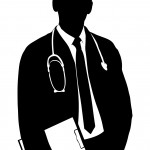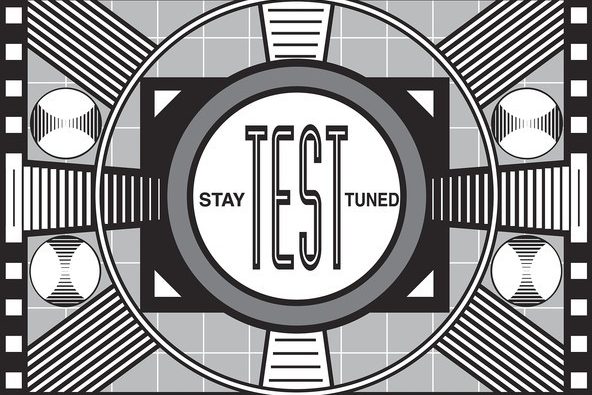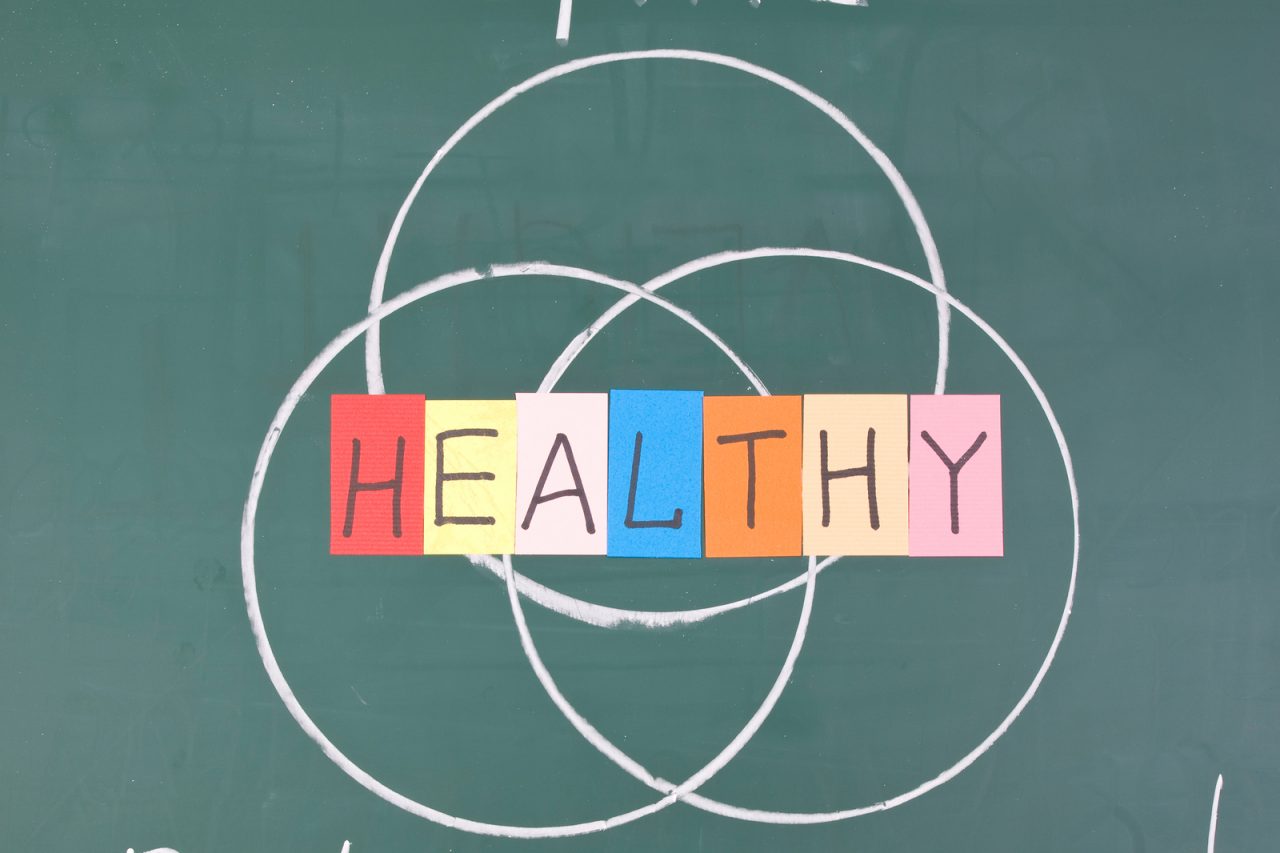For days, I have been trying to get long-term patient, Stan, on the phone; his blood work came back abnormal, and we need to repeat it. I called the number in our file a bunch of times. The odd thing is that sometimes it rings without stopping, sometimes it is answered by a machine, which immediately beeps and disconnects, and at least once it sounded as if the receiver was picked-up and slammed down. My staff had no better luck and therefore, I decided to try once more and then send a registered letter.
The phone rang four times.
“Hello, who is this? Who keeps calling?”
“Hi, this is Dr. Salwitz, I was trying to get a hold of Stan.”
“Dr. Salwitz’s office? You should never call this number. I am sick and tired of people bothering us and calling all the time! Can’t you people ever get things right?! What a s**ty way to run an office!! How unprofessional!! I am going to call Dr. Salwitz and tell him! What is your name?!”
“Ah…. This is Dr. Salwitz.”
“What?”
“This is Dr. Salwitz. Is Stan home?”
It turns out we had an old number, which Stan was planning to disconnect, and we had failed to change it in our file. But, shaken, a little, I considered the conversation.
With notable exceptions, patient’s rarely yell directly at their treating physicians. In the eloquent words of Stan’s wife, the proverbial drek really needs to hit the spinning blades for patient’s to think they will advance their healthcare by pissing off their doctors. However, being sick is infinitely hard, emotionally draining, psychologically confusing, and you often feel, well sick, so it is difficult not to express mortal frustration. Therefore, patients yell at front desk staff, nurses and other critical supporting caregivers.
I understand and am sympathetic to why this happens. You feel bad, really need help, relief, and then something “stupid” gets screwed up. The prescription is not called in. The appointment is not scheduled or even more frustrating, is at the wrong time. The insurance precertification comes late or not at all. The doctor is running two hours behind, when you already feel so rotten you belong in bed. Bad news happens or threatens. So, you blow up. But, at the staff, not the doc.
The problem is that patients and their doctors, really need support staff. They are vital to each patient’s team, but vulnerable. They often do not have the training, experience, motivation, or, to be honest, salary, to bounce back well from personal assault. They may mean their best, but after a few dozen abusive interactions, their best might have an edge of mean. Burnout rates for staff can be high, which affects patient service, resulting in deteriorating care.
Like it or not, we yell at our own risk. The person we hurt the most, may be ourselves. So, I have two suggestions. Try to take a deep breath and remain civil, even when things are not going well. It will result in a better outcome and be deeply appreciated. Second, if things are not getting better, ask gently to speak to a supervisor. Perhaps, they can solve the problem without fireworks. Try to see the person in front of you as a core part of your care team. If you do lose your stack, remember to apologize. A “sorry, about that,” goes a long way; it probably heals better than donuts or pizza. Stan’s wife was immediately apologetic, which mended any bad feelings either one of us might have had.
Perhaps, we all should use a simple rule; try never to yell. That does not mean we do not get mad, just recognizing that projecting anger is often counterproductive. There are two types of people in this world. The ones we want to work with, and those we do not. The ones we want on our team, we should treat with respect and support. No reason to yell. The ones we do not want are not worth the energy of shouting. It just accelerates the dramatic. When things get bad, remember that everyone in the doctor’s office is part of your team. The better you are able to treat them, the better they are able to care for you.







25 Comments